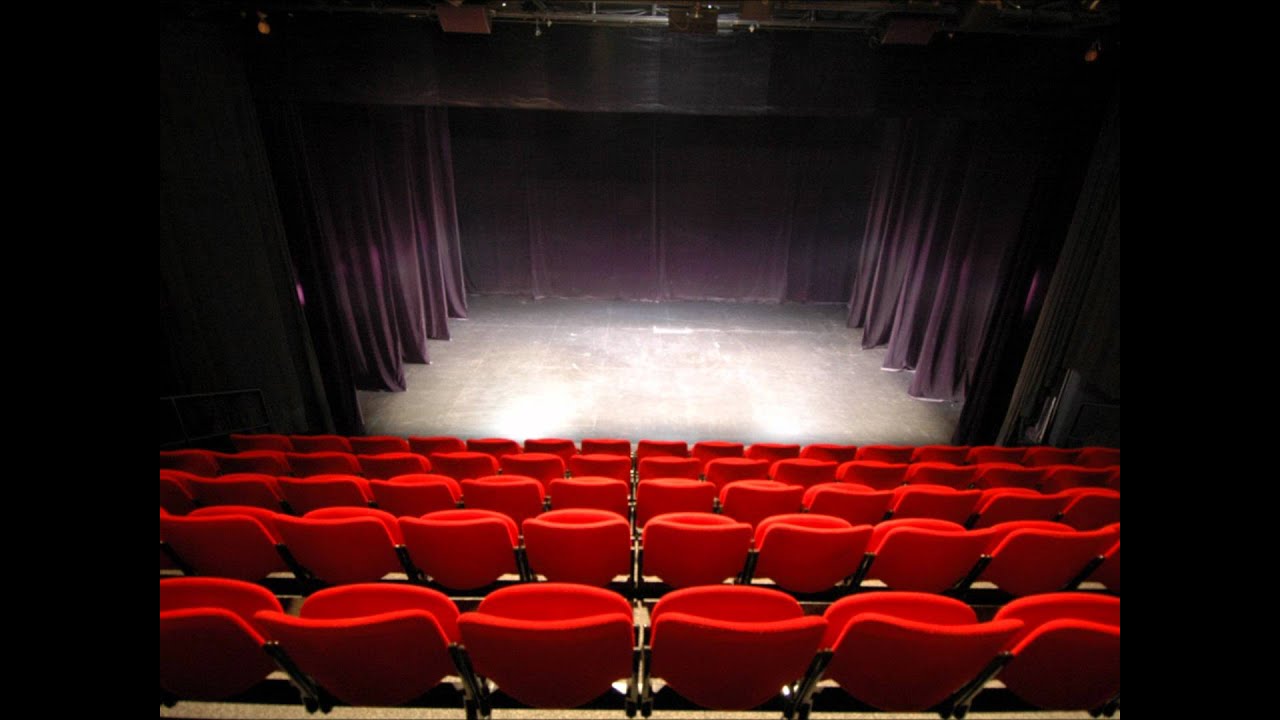End Post Play Preaching
Aaron Netsky
Far be it from me to tell the writers of plays I have seen how to do their jobs, chiefly because there is no way in heck they have ever seen any of my plays. I am a fledgling in the field, a novice in the nunnery, a baby among toddlers. But, I am a playwright, which means that when I have a thought or opinion on the craft, I am compelled to weigh in, to make my feelings known to the community at large, and to do so with flowery language. Not having read or seen every play ever written, I don’t know if what I here describe is a recent trend, but I cannot think of many examples of it in plays from before 20 years ago. You’ve probably seen it: at the end of a play about some kind of tragedy, every character in the play starts interlocking monologues that individually paint their own pictures but which add up to a bigger picture, and the audience is often forced to move their heads around like their watching the worst game of tennis ever. I can see why playwrights would do this, but I think it is hurting plays.
It is redundant, for one thing. I’ve just spent an hour and a half or more immersed in this world, experiencing someone’s valiant attempt to do the impossible, to put me in the middle of something horrible so I can try to understand on a visceral level what those who really experienced it went through, and suddenly I’m being directly preached to. In good plays, that first environment is meticulously assembled and does its job effectively. Then it happens again, in just a few short minutes, chaotically, as more stories like the one I’ve just absorbed and am digesting are shoehorned in to further emphasize the point. Except I already got the point; I am processing it. It was probably intimately told, probably focused on the experiences of just a few people. Too much data undermines the human story that touched me deeply, blends it and blurs it. It’s good for me to know the numbers, but I probably already got them from the dialogue, I don’t need a last-minute visual that could never fully represent them anyway.
These kinds of endings are manipulative and not fair to the rest of the play. Again, if the play has done its job, and probably worked hard and slowly to do so, to build something meaningful, such scenes shouldn’t be necessary. But even though I already know I disapprove of them, they still usually get to me, in large part because the play has already penetrated me, opened me up to feeling a version of these people’s pain, but also because it is awful to hear about such things, and here come twenty more all at once. Why bother carefully crafting a world to reflect our own, to get to know people who are never entirely real as though I’ve known them for years, if you’re just going to hit me over the head with statistics at the end? If your play doesn’t get the response you want from me, fix the play, don’t buy an insurance policy. I didn’t come to the theatre to be lectured to or bludgeoned, I came to meet people and empathize with them. Maybe fellow audience members, but definitely the characters on the stage. I want to leave with those people inside of me, thinking about them, not overwhelmed.
On an artistic level, if everybody’s doing it, how does it make your play special? That’s one reason not to do it. There is only one example of this move that I have ever thought worked really, really well, and it is going to seem like a cliché: ‘Something Just Broke’ from Stephen Sondheim’s “Assassins.” This might be an example of it could only happen once and work and it has so don’t do it anymore, but there’s also a historical significance. Arguably, the JFK assassination is our first collective “I remember where I was when” experience. Now, we have them in spades. One of the reasons those scenes get to me on a gut level is even if I didn’t experience what the characters in the play did, I go back to the morning of September 11th, 2001, go over that day, the confusion, what I saw, what I heard, how I had no direct frame of reference for processing it, how it became my frame of reference. And it is surely in the back of my mind when I am taking in stories of other atrocities, on the news or in the theatre, but it shouldn’t move to the front, overshadowing what I’ve just seen, and that is what these endings do, they take the audience out of the moment when we’ve just arrived there, and undermine the importance of what we’ve just seen.
Aaron Netsky (@AaronNetsky on Twitter, @aaron_netsky on Instagram) is a singer, writer, actor, and all-around theatre professional who has worked off and off-off Broadway and had writing published on AtlasObscura.com, TheHumanist.com, Slate.com, StageLightMagazine.com, and ThoughtCatalog.com, as well as his own blogs, Cantonaut (http://cantonaut.blogspot.com) and 366 Musicals (https://366days366musicals.tumblr.com), and his Medium account.
